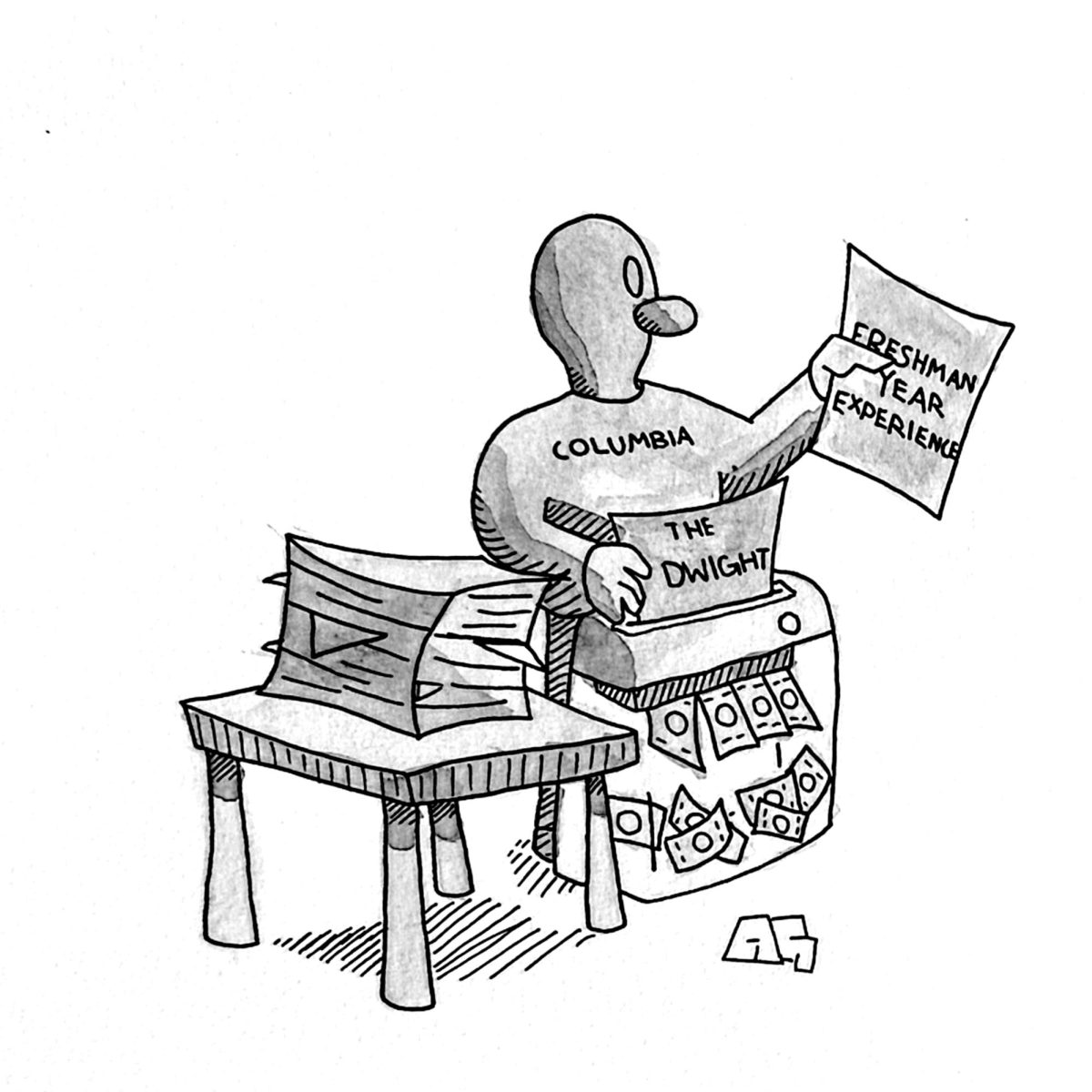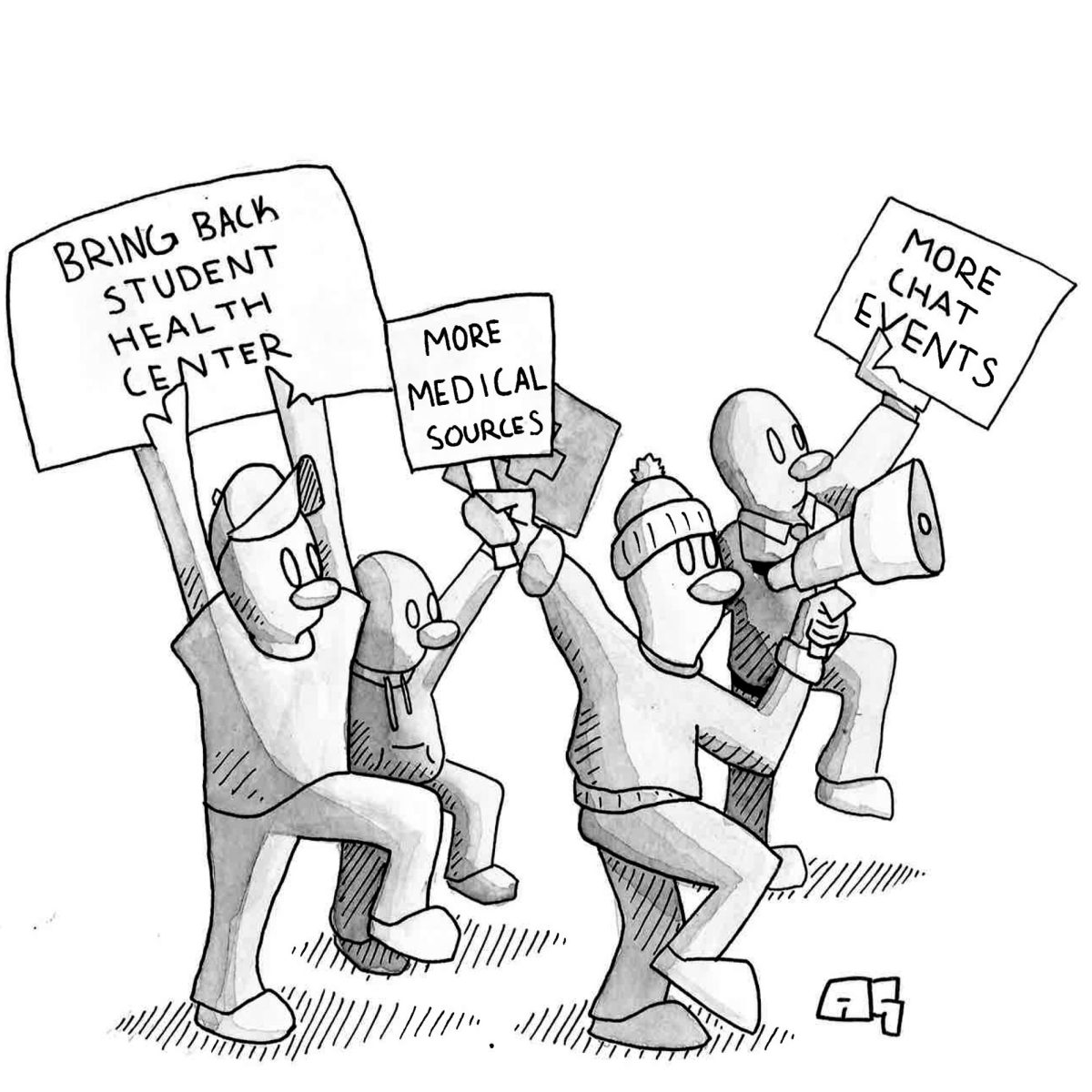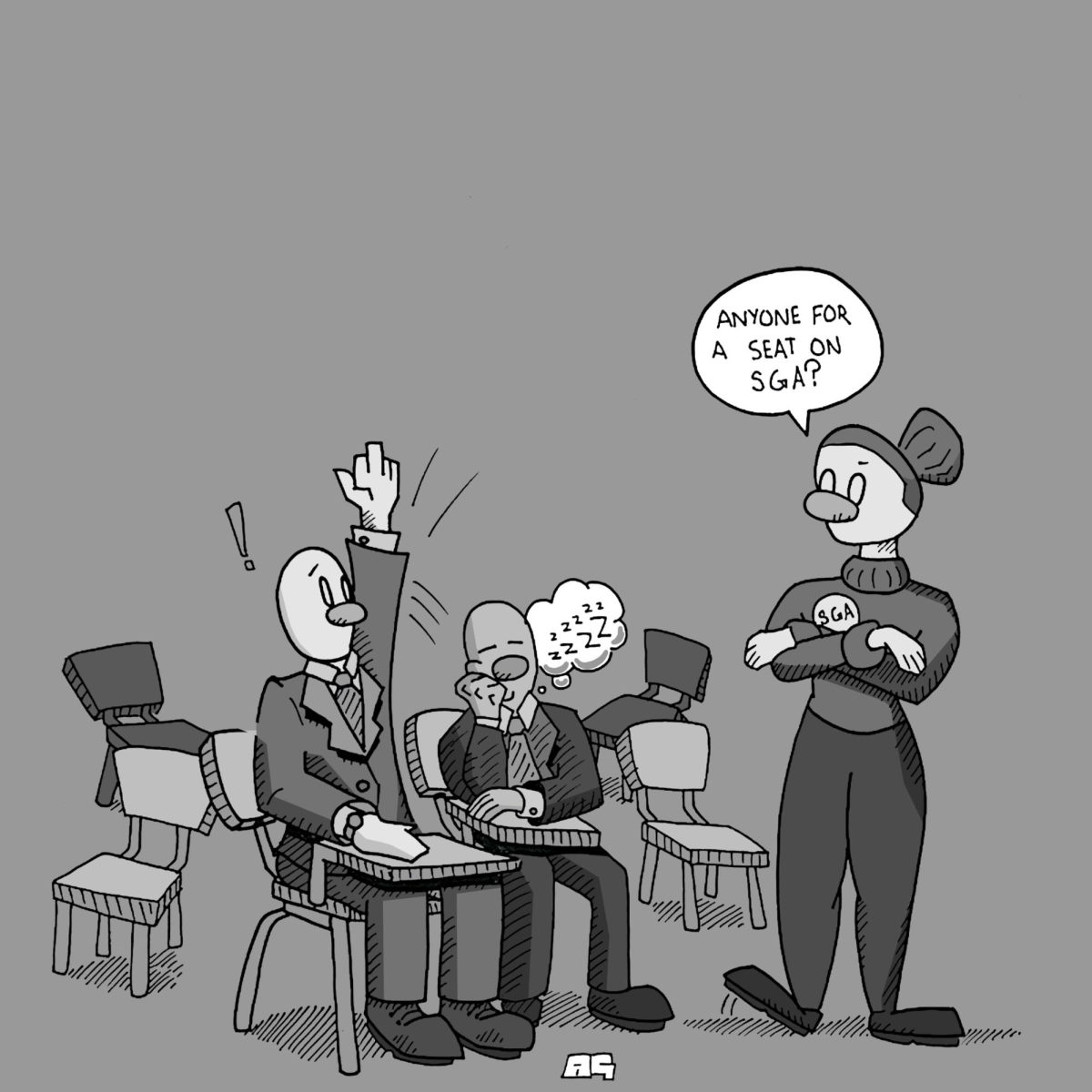As we wrap up this school year and congratulate the new graduates, the usual pomp and ceremony are tinged with a deeper significance. Our graduates are not just receiving degrees, they are carrying the weight of a transformative, and at times painful, chapter in the college’s history.
Over the past few years, students have witnessed the evolution of Columbia’s identity: from the shift back to in-person learning after a global pandemic to a historic seven-week part-time faculty strike in Fall 2023, the longest adjunct strike in U.S. higher education. That strike didn’t just disrupt half a semester; it divided the community and led to an even deeper financial crisis.
In an effort to address it, the college’s response has been severe: tuition hikes, increased class sizes, the closure of the student Health Center, the elimination of 70 staff positions and a historic overhaul of the college’s programs.
For many students, these changes were not theoretical. Some of this year’s graduates belong to programs that will soon no longer exist. They walk the stage as some of the last representatives of disciplines that once thrived at Columbia. Their diplomas mark both a personal achievement and the end of an era.
Faculty, too, have paid a price. This spring’s commencement will be a final farewell for 23 full-time professors who were laid off in January. Their departure, like that of many programs and services, will leave an absence not easily filled.
The graduates are also stepping into a nation marked by deep division and growing instability. Many policies and ideas once considered extreme are now back in mainstream discourse, driven in large part by the return of President Donald Trump to the White House. From attacks on academic freedom and reproductive rights to the rollback of climate protections and First Amendment norms, the America that awaits these graduates is a place of heightened uncertainty, especially for the LGBTQ+ community, immigrants, artists, activists, journalists and thinkers.
Columbia has been an inclusive home for many students who now embark into a less tolerant, more hostile world.
In this environment, their education matters more than ever. The creativity, critical thinking and resilience they cultivated at Columbia will be essential tools in navigating a political landscape increasingly intolerant to nuance, dissent and truth.
There is no question that Columbia must evolve to survive. But in doing so, it must also reckon with the cost of its decisions, measured not only in dollars, but in trust, morale and the richness of the academic community it seeks to preserve.
As the college looks toward a reimagined future, it must also listen. To students. To faculty. To alumni. It must acknowledge not just what was necessary, but what was lost, and use those lessons to shape a stronger, more transparent institution under incoming President and CEO Shantay Bolton.
To the Class of 2025: you are not just graduates—you are witnesses, advocates and in many ways, architects of change. Your perseverance is not just commendable; it is Columbia’s true legacy — and perhaps, this country’s best hope.




